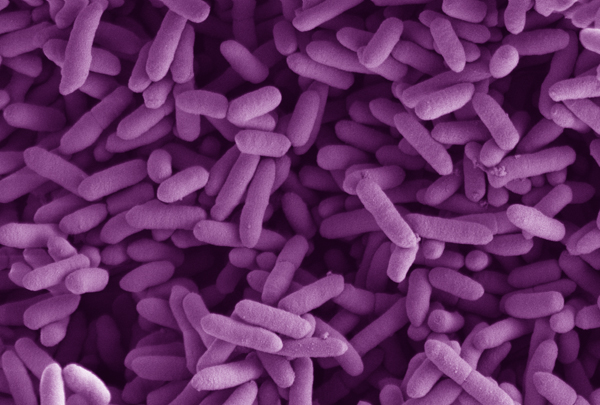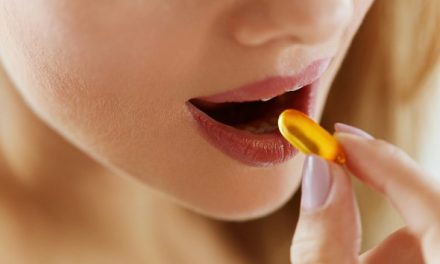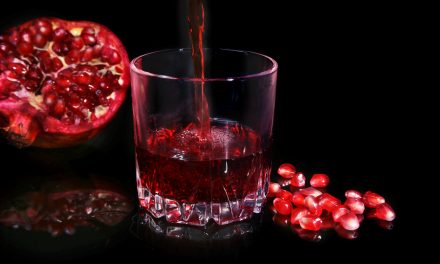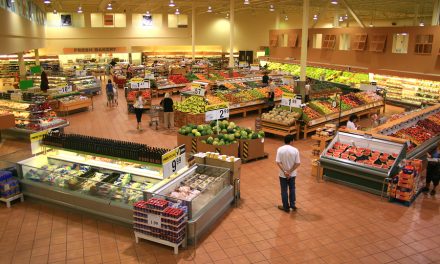Traditionally, when you are constipated you drink prune juice or take a stool softener. Even probiotics can help. But some people continue to struggle. And according to the Mayo Clinic’s Dr. Purna Kashyap, the problem with these approaches “lies in the fact that each of us has a unique gut microbiome – that’s the community of bacteria that live in the stomach and intestines. As a result, no single change in diet or type of probiotic will work for everyone.”1
RELATED STORY:
However, help may be on the way in the form of genetically-engineered bacteria.
RELATED STORY:
A team, led by Kashyap, engineered Bacteroides thetaiotaomicron to produce large amounts of a chemical known as tryptamine (a monoamine alkaloid and structurally similar to the amino acid tryptophan):
“Tryptamine is similar to the chemical serotonin, which is produced in our gut. In this study, we found tryptamine can activate a receptor in the mouse gut that normally responds to serotonin, causing increased secretion of fluid from the lining of the colon. Bacteria can direct the colon to secrete water via tryptamine acting on a host receptor in mice. This accelerates the movement of food through the digestive system.”2
A paper on the study was published in the journal Cell Host and Microbe.
The team found that tryptamine produced by the bacteria “quickly biodegrades within the intestine, and appears not to accumulate in the bloodstream”3 which means that unlike some current constipation medications on the market, it wouldn’t be present to cause side effects in other parts of the body.
RELATED STORY:
While researchers are planning to continue their studies, don’t expect to see clinical trials on humans for at least three years.












